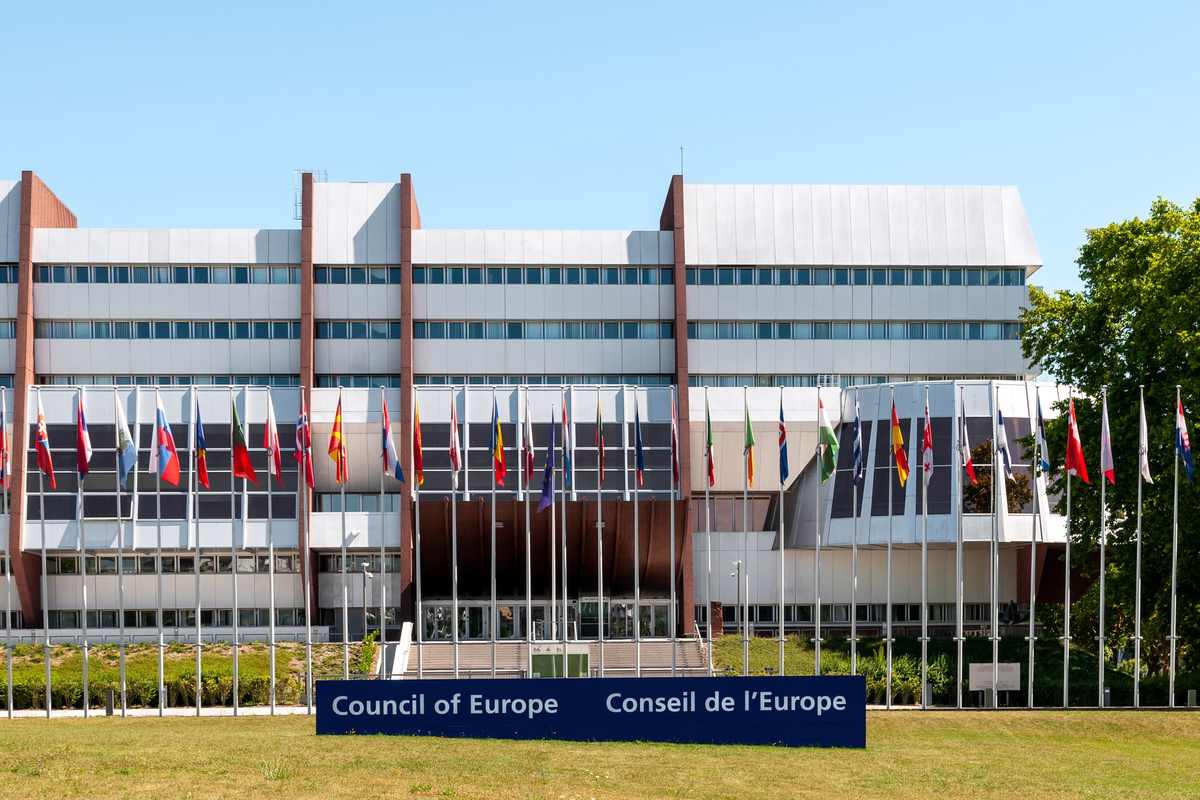The Week in Alternative Fuels
It was a big week for alternative bunker fuels as the EU reached an unofficial deal to decarbonise the shipping sector.
 PHOTO: Building of the Council of Europe with the flags of the member states in Strasbourg, France. Getty Images
PHOTO: Building of the Council of Europe with the flags of the member states in Strasbourg, France. Getty Images
EU bodies have pushed through what is set to become the first ever legally binding mandate for green fuels uptake by ships. Ships above 5,000 gross tonnes must use at least 2% of renewable fuels of non-biological origin (RFNBOs) by 2034. These are typically green hydrogen-based fuels.
The EU’s legislative trio - the European Parliament, Council and Commission - have also provisionally agreed that the greenhouse gas (GHG) intensity of the energy used on board ships above 5,000 gross tonnes will have to come down in increments - starting with a 2% cut by 2025 and accelerating to an 80% cut by 2050, compared to 2020 levels.
The draft regulation was largely welcomed by industry stakeholders. The European Community Shipowners' Associations commended the EU's decision to legally bind fuel suppliers. According to Amendment 129 proposed by the European Parliament, fuel suppliers can be liable to compensate shipowners or operators if they fail to supply the fuel specified in the contract. Denmark’s Danish Shipping lauded the use of a so-called "multiplier of 2" mechanism to reward companies that choose green hydrogen-based fuels until 2035.
Amid tightening shipping emission regulations in Europe, MAN Energy Solutions announced plans to launch its first two-stroke ammonia-powered commercial engine next year. Ammonia-powered marine engines could mark a turning point in shipping's green fuel transition. As a potential zero-emission marine fuel, ammonia could reduce the industry's dependence on fossil fuels and help it comply with upcoming FuelEU Maritime targets.
Methanol is another alternative fuel with zero-emission potential. A study commissioned by a German non-profit Nature and Biodiversity Conservation Union (NABU) has made a strong case for ships to burn zero-carbon methanol. It ranks e-methanol as a superior alternative to bio-methanol, e-ammonia and green hydrogen in a study, and said e-methanol is likely to play a critical role a sustainable maritime industry.
Along with FuelEU Maritime, the IMO was also in the spotlight this week. The IMO's intersessional GHG working group met this week to discuss a revised GHG strategy that is due in July. NABU urged the IMO to revise climate impact standards for shipping to accelerate e-fuel adoption.
The Clean Shipping Coalition advocated for the shipping sector to self-align its climate ambitions with the IPCC's goal of halving CO2 emissions and cutting methane emissions by 30% within the end of the decade. It also called on the IMO to set "ambitious science-based absolute emission reduction targets for the industry for 2030.” CSC is a global alliance of shipping industry experts and policymakers from the IMO and from climate non-profits like Transport & Environment.
By Konica Bhatt
Here is our selection of top five alternative fuels stories from this week:
EU reaches provisional agreement on FuelEU Maritime
EU shipowners welcome inclusion of fuel suppliers in FuelEU Maritime
MAN ES to launch ammonia ship engine by next year
Clean Shipping Coalition backs IPCC's 2030 goal of halving CO2 emissions
E-methanol most promising among alternative fuels - German study






